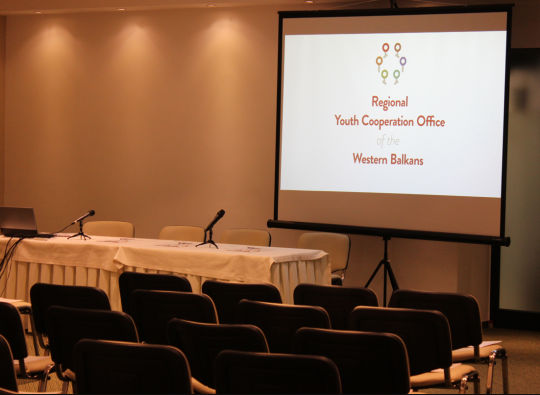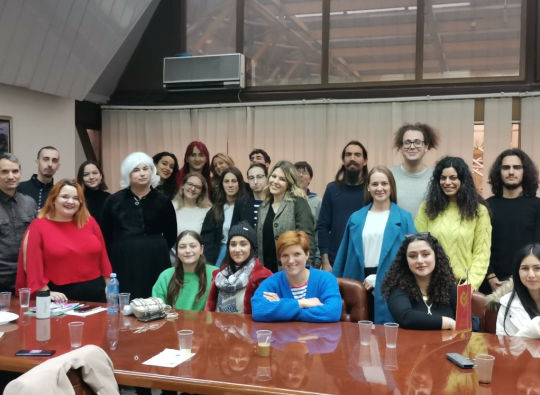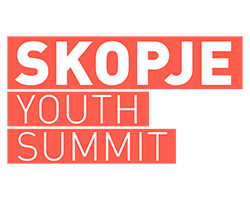Whoever the author of the above-mentioned document may be, they have merely articulated the long-lasting aspirations of extreme nationalists of various nationalities. In the name of nationalistic politics during the 90s, the lives of over 130.000 people were sacrificed and hundreds of thousands of people were forcibly transferred during the ethnic cleansing in order to create ethnically clean villages, cities, territories, and states. In front of the national and international courts, military, paramilitary, and police actions like murders, deportations, openings of prison camps were correctly classified as war crimes, crimes against humanity, and even genocide in the case of Srebrenica.
It was hard to achieve and maintain stability in the Western Balkans, but lasting peace was not accomplished. The best proof of this claim is the fact that propositions from this “non-paper” circulate in high politics circles as something worthy of attention.
When the alternative in the form of EU membership occurred in the early 2000s the aspirations of the biggest Balkan nations towards ethnically clean nation states lost their popularity and even the most hardcore nationalists could accept the unification under one, European, flag and in economic prosperity. In the words of one Serbian extremist – We cannot fill our tractors with patriotism, let’s go to Europe!
The unwillingness and incapability of the EU to integrate Western Balkan countries led to a dramatic increase in nationalism in the societies in the region. By supporting the possibility of a territorial exchange between Kosovo and Serbia, Washington D.C and some European circles supported the nationalistic leaders and their fantasies.
There is no need to name those political leaders that are carriers of destructive ideas of ethnically clean states. Recent history teaches of the Balkans, as well as of the European states, teaches us that it is possible to make the dramatic turn from democratic and Europe-oriented values to nationalistic goals and vice versa.
EU, its members, and political leaders supported, tolerated, or ignored growing nationalism in our societies for years. An active fight against nationalism no longer exists and the only mechanism Europe has turned to is slowing and stopping the process of EU integrations for our states, which damages the citizens, not the political elites that encourage and lead nationalistic politics.
Apart from all its downsides, the “non-paper” offered a refreshingly new concept – Europe taking leadership and responsibility for achieving peace in the Balkans. In that regard, the spirit of the document should be kept, whereas its content should be deleted and rewritten, without redrawing maps. The borders of the six Western Balkan countries, as well as of Croatia, should not change before they integrate into the EU and Schengen area and therefore cease to be relevant.
That vision would be supported by the citizens of all our countries and all our nations. That vision would discourage our formally civic and Europe-oriented political leaders from their nationalistic aspirations and even convert some of them. That vision would create new, pro-democratic and pro-European leaders.
On the occasion of the anniversary of crimes in Ahmići and Trusina (Bosnia and Herzegovina) we call on Europe, and the EU as the institution that symbolizes peacebuilding, to take responsibility and leadership in this process while enabling Western Balkan countries to swiftly become its members.









